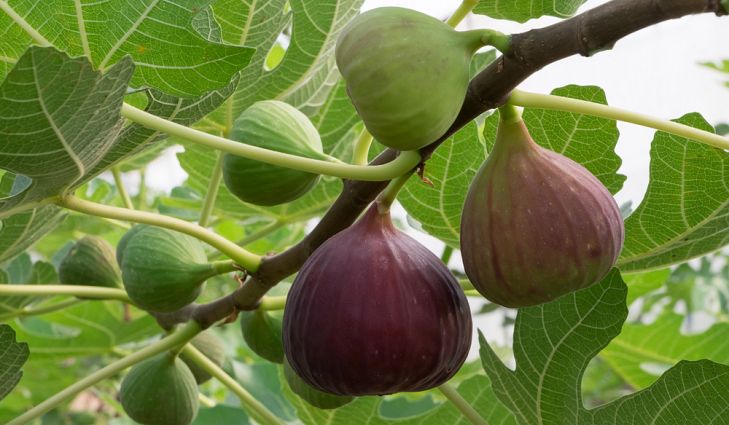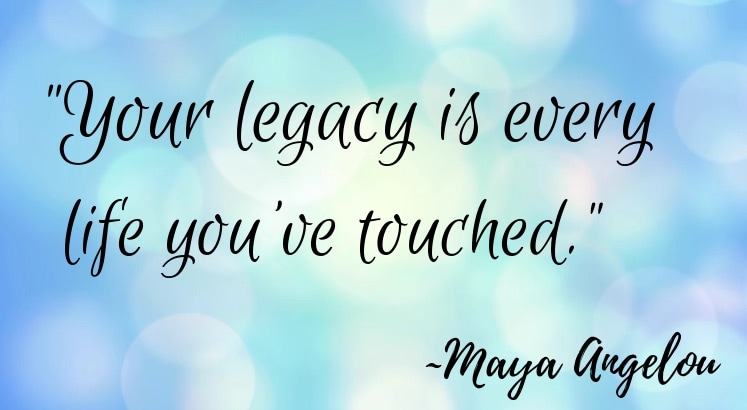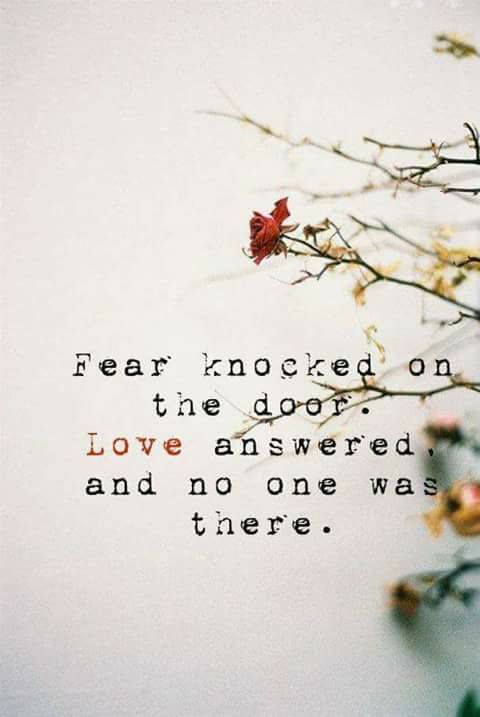Reflections on seeds & weeds as change-makers: themes from Taste & See series
The adventure of life is to learn. The purpose of life is to grow. The nature of life is to change. The challenge of life is to overcome. The essence of life is to care. The opportunity of like is to serve. The secret of life is to dare. The spice of life is to […]



